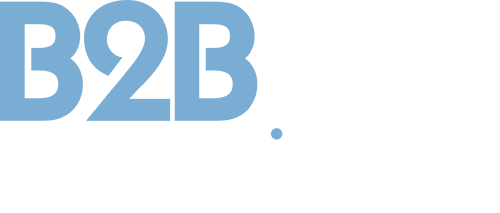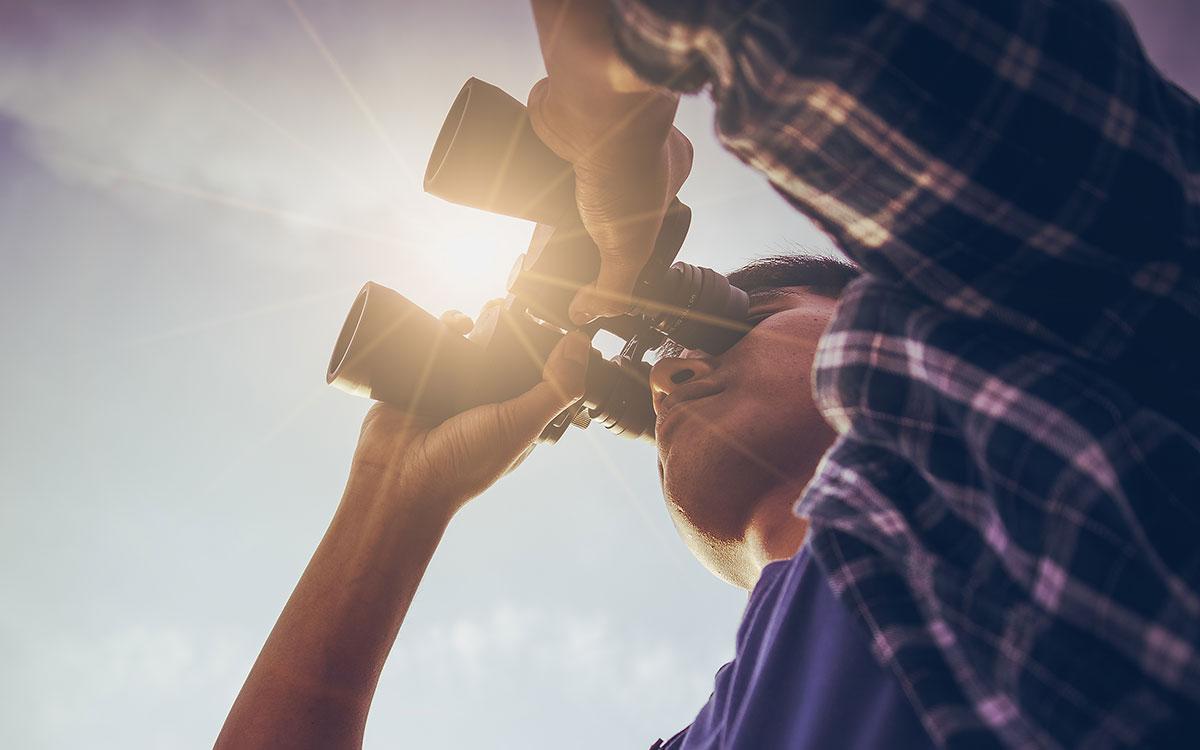Whilst it has been clear that WEEE recycling policy has been somewhat overshadowed by that for packaging in recent years, announcements made by Defra during the recent WEEE Conference hosted by Lets Recycle signalled a renewed intent – one to improve the legislation to reduce the environmental impact of electrical products.
Following the delayed release of the post-implementation review there has effectively been a pause in policy development over the last year. However, during their presentation at the WEEE Conference, Defra signalled their intention to conduct a dedicated WEEE review, including a public consultation, next year.
The consultation in 2021 may well represent a year-long delay compared to the timelines set out in the Government’s Resources and Waste Strategy, but the public announcement does put many of the issues outlined in the strategy back on the agenda for producers and recyclers.
Defra indicated that they would “maintain a competitive system” that “aligns with [the] wider EPR framework”. The Government are clearly minded to strike a balance to ensure the benefits of competition are maintained within the current EPR system.
Targets, POPs and WEEE collections
The pragmatic approach to the setting of WEEE recycling targets for 2020 was also highlighted by Defra at the conference, an approach that explicitly considered the potential impacts of COVID-19.
Despite the targets being revised down early in the COVID-19 crisis, the UK is still struggling to meet the lower targets. This has led Defra to state the need for any 2020 Compliance Fee proposals to include COVID-19 impacts for the Secretary of State to approve later in the year.
Persistent Organic Pollutants (POPs) were also referred to throughout the varying sessions of the conference, showing just how big an impact the interpretation is having on the industry.
There is significant concern that the potential for POPs to be present in certain material streams may cause further difficulties in collection and treatment of WEEE.
With changes to the Distributor Take-back Scheme looming, there was considerable time given to discussing the options for increasing the collection of WEEE from households. Enhanced duties for retailers to take-back equipment and further exploration of doorstep collection provision were discussed.
Over the next few months, while Defra are deliberating on which questions to ask industry, it will be very important to ensure collection provision remains high on the agenda and doesn’t get lost in the hyperbole of fashionable industry concepts like “circular economy” and “modulated fees”.
Can you help increase collections of WEEE?
B2B Compliance provide a comprehensive collections service for WEEE, from one-off collections to solutions for UK-wide retail store chains. Find out more here and please do not hesitate to contact our team to find out more about how we can assist you.


